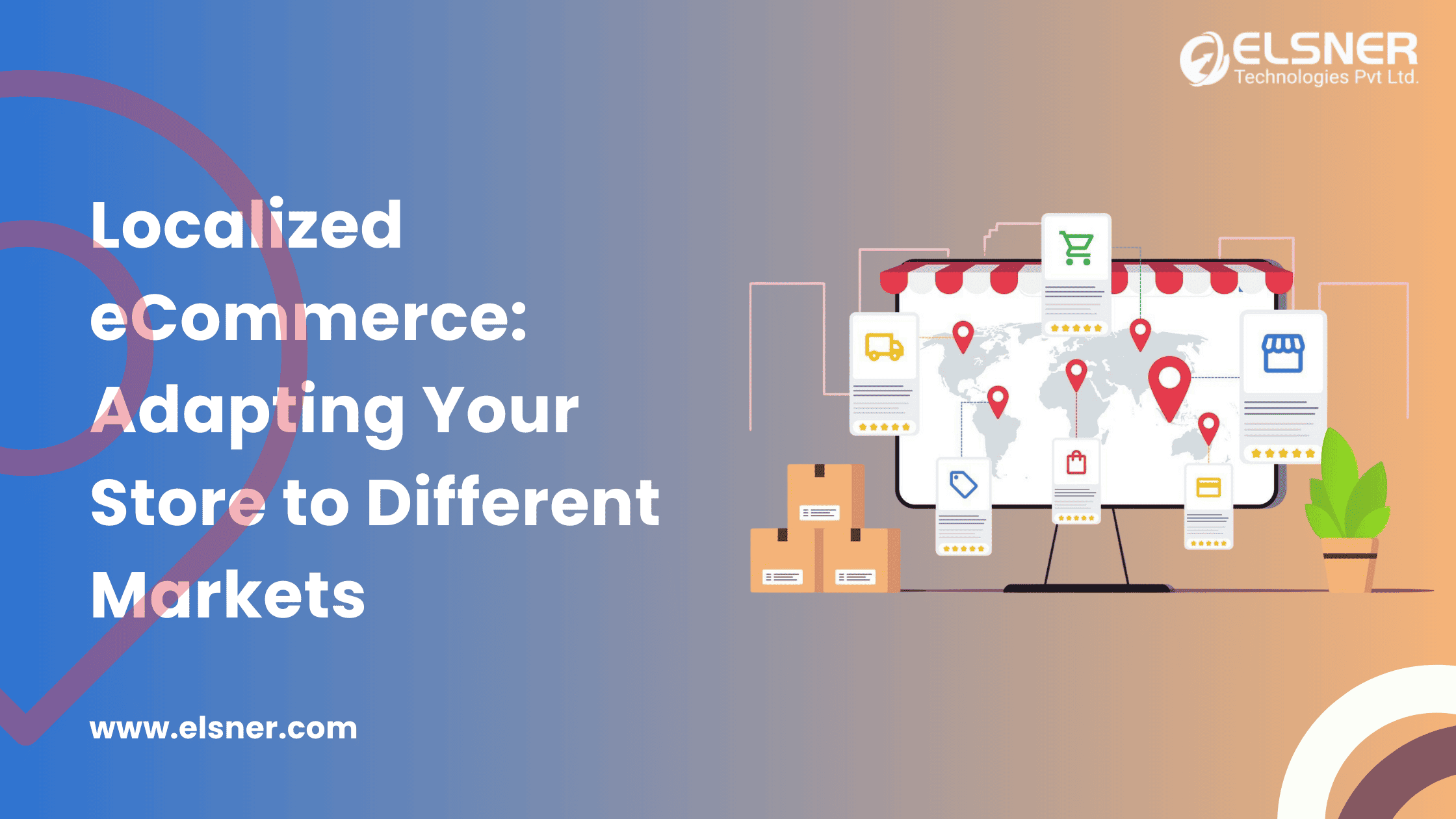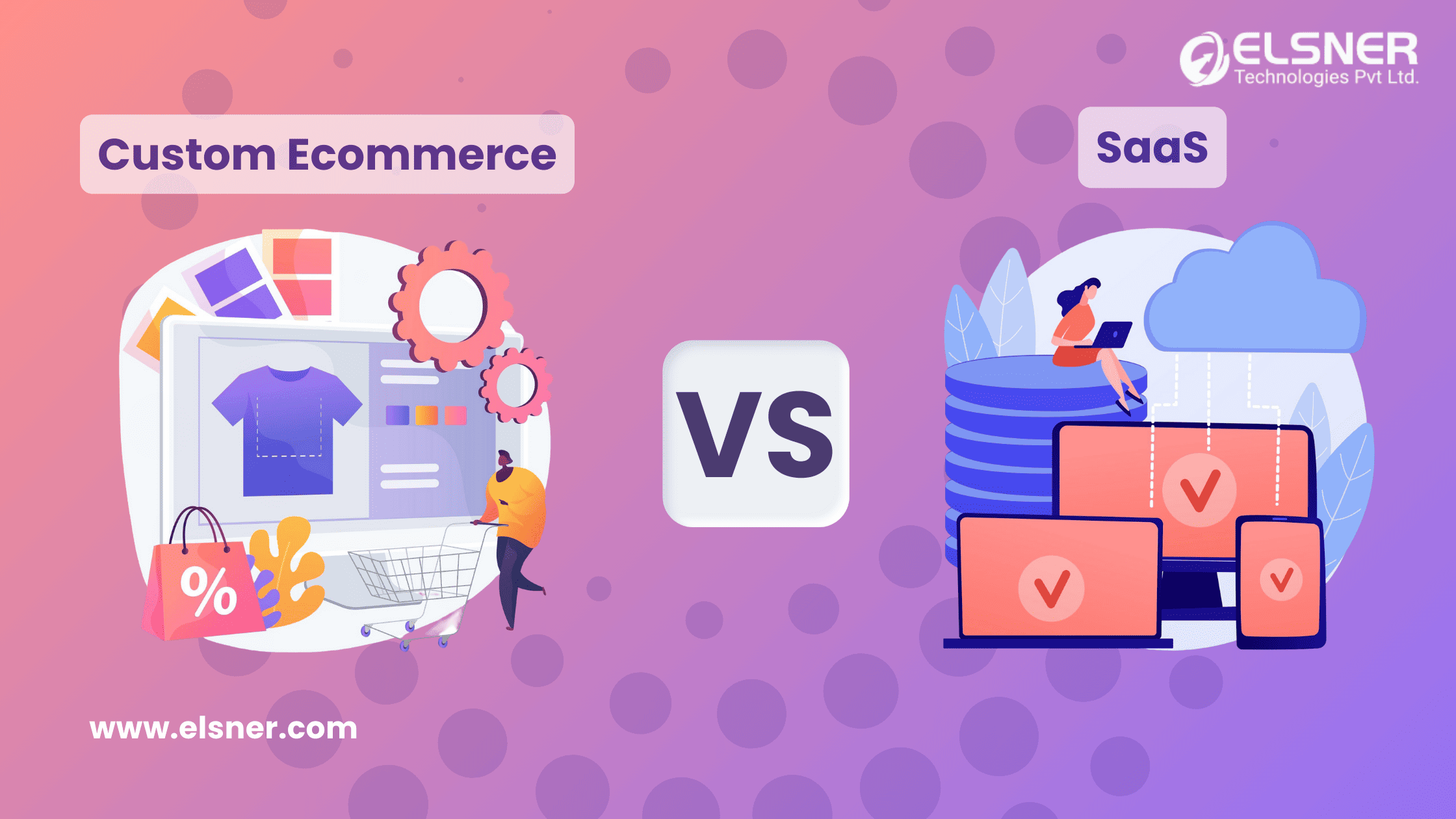In today’s era, online shopping has more traffic than offline shopping. In accordance with that, there is no one to attend the customers about the product they are interested in or help them find the desired product easily.
To rectify the issues in delivering smooth customer journeys, conversational commerce came into existence, which will take customer service digitally.
Conversational commerce is a game-changer for customer service, utilizing conversation across diverse touchpoints like social media, messaging apps, and websites. Seamlessly integrating live agents and chatbots delivers personalized assistance and efficient support.
This innovative approach enhances customer satisfaction, engagement, and loyalty and empowers businesses to provide real-time solutions and create unforgettable customized experiences.
What is Conversational Commerce?
Conversational commerce enables businesses and customers to engage in real-time conversations through messaging apps, chatbots, and virtual assistants. It creates personalized shopping experiences, allowing customers to ask questions, get recommendations, make purchases, and receive support within the same messaging interface.
This convenient and efficient approach bridges the gap between traditional e-commerce and interactive conversations, benefiting businesses and customers.
How Can Conversational Commerce Impact?
Over the decade, the consumption of mobile has increased drastically in every segment of the industry. The PEW survey shows roughly 83% of Indians own mobile phones. According to the Forbes report, 20.8% of Indians use online purchasing platforms, and 92% use messaging apps.
Conversational commerce must now be central to eCommerce initiatives due to the substantial transition from desktop to mobile and the rising popularity of chat-based engagements.
According to the Spectrum report, 66% of customers are more confident about purchasing when a company is active in messaging apps. A single bad experience with the customer can lead to dissatisfaction and the desecration of brand value. Conversational commerce enables brands to address the absence of a personal touch in their online stores, not only in the absence of a helpful shop assistant but also in terms of the type of content provided to customers.
Thus, conversational commerce may improve customer satisfaction, increase online sales, and transform how customers interact with your brand throughout the shopping process.
Expedition of Conversation Commerce
Thanks to conversational commerce, E-commerce businesses are bringing digital transformations to interact with clients throughout their shopping experience. This sales strategy encourages a dialogue between you and potential consumers, creating stronger relationships instead of employing obtrusive pop-ups and advertising.
A customer’s journey can be divided into five stages:
- Awareness: Conversational tools engage customers seeking providers, allowing providers to demonstrate an understanding challenges and showcase problem-solving abilities, fostering awareness and engagement.
- Consideration: Conversational commerce addresses lingering questions and information requests by providing product details, ultimately boosting sales after initial research.
- Decision: At this stage, customers reach a decisive point and are ready to buy. It’s crucial not to become complacent and reinforce their choice through social media influence and timely inquiries.
- Retention: Establishing a solid an #ConversationalCommerce”d enduring relationship with customers is crucial for their acceptance of services. Consistently reaching out, even in adverse situations, is essential for retaining existing customers and acquiring new ones.
- Advocacy: The final stage of the customer journey is challenging as customers become brand ambassadors, recommend products to friends and family, and recognize exceptional performance throughout their journey.
Maintaining ongoing customer conversations can foster testimonials and product reviews, strengthening relationships and greater rewards.
What Are The Standard Tools You Can Use?
While these channels provide distinct avenues for facilitating conversational commerce experiences for shoppers, they ultimately share a common foundation on the back end. They are all integral tools that contribute to the broader scope of conversational commerce.
- Live chat :Live chat is a popular and convenient communication channel that offers immediate answers on the retailer’s website. It allows one agent to handle multiple customer conversations simultaneously, reducing wait times and boosting customer satisfaction.
- Messaging : A messaging app, like Messenger or WhatsApp, is a chat platform that helps to exchange instant messages. Consumers are actively embracing these channels for private communication, engaging with brands, and facilitating online shopping due to multiple features of adding memes, GIFs, videos, and emojis that enhance customer engagement in the conversation, thereby maintaining a lighthearted atmosphere.
- Chatbots : Chatbots, as a form of conversational commerce, provide customers with the convenience, speed, and flexibility they seek while catering to their needs. Additionally, chatbots allow customers to take their time before purchasing, ensuring comfort, security, and flexibility.
- Voice assistants : Nowadays, many individuals utilize voice assistants for shopping. They use previous purchasing data to suggest relevant products and offer a convenient way to add items to the cart through voice commands.
Benefits of Conversational Commerce:
- Reducing abandoned carts: Real-time problem resolution and upselling opportunities through chatbots or live chat help engage customers, address concerns, and increase conversions, minimizing abandoned carts.
- Qualifying leads: Conversational commerce automates lead qualification and delivers personalized messages, increasing the efficiency of lead qualification and nurturing processes.
- Conversational customer data: Conversational commerce benefits conversational customer data by capturing and analyzing valuable insights from customer interactions. These insights can be used to understand customer preferences, behavior, and needs, enabling businesses to personalize experiences, improve targeting, and make data-driven decisions for better customer engagement and satisfaction.
- Upselling and cross-selling: Conversational commerce facilitates upselling and cross-selling by using real-time customer interactions to make personalized product recommendations, thereby boosting revenue and improving the customer experience.
- Customer retention: Conversational commerce enhances customer retention by enabling proactive support, personalized communication, and tailored promotions, fostering stronger relationships and increasing customer satisfaction and loyalty.
- Gather feedback: Conversational commerce facilitates feedback gathering by offering an interactive platform for customers to share opinions and suggestions, enabling businesses to make improvements based on real-time feedback.
- Helps close potential leads: Conversational commerce closes potential leads by engaging in real-time, personalized conversations, addressing inquiries, and providing assistance, thereby building trust and increasing the chances of conversion.
Conclusion:
Although conversational commerce is not a novel concept, its significance has grown as customers have grown accustomed to online messaging and digital lifestyles. It is now emerging as a powerful avenue for shopping, providing customers with a satisfying experience and fostering loyalty.
Businesses that have adopted conversational commerce have witnessed enhancements in conversion rates, sales growth, and a reduction in customer call volumes. Platforms enable the creation of intelligent bots that facilitate faster and more personalized customer interactions, ultimately increasing company productivity.
You might need support from the industry experts to ensure a better solution for your ecommerce business. Connect with us now, to grab the right opportunities and bring better returns for your business.




